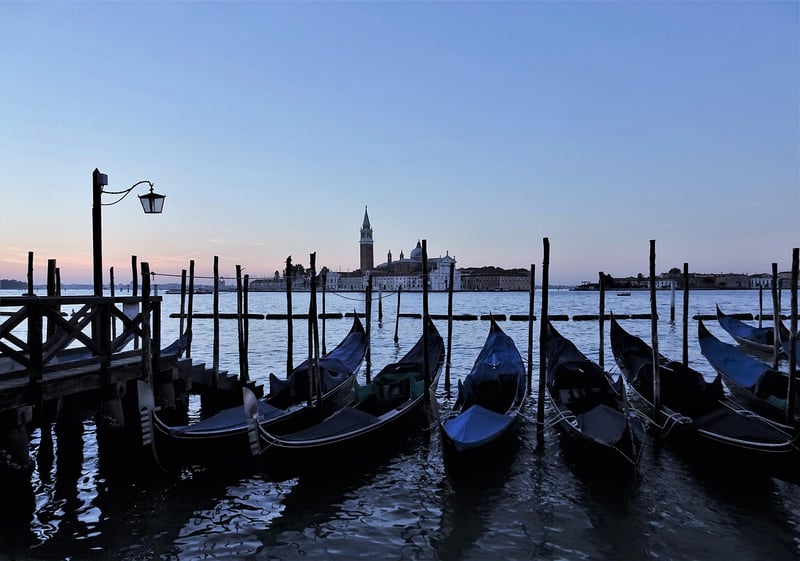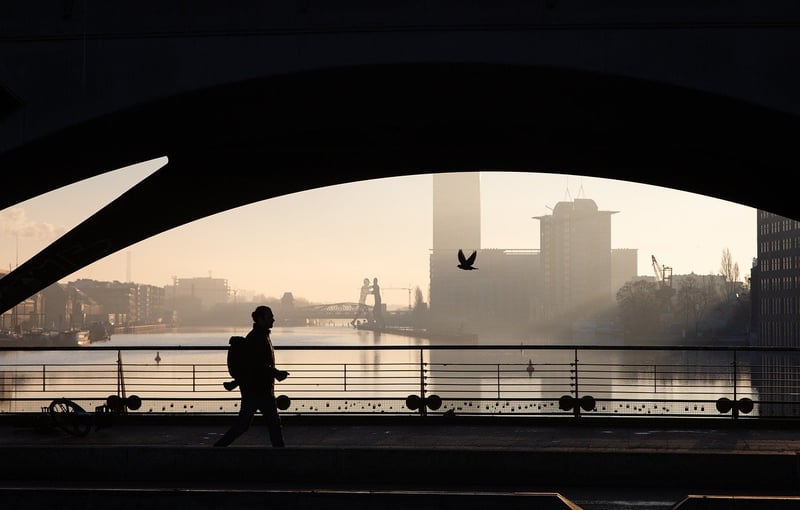Future Dystopia
Exploring Different Eras: From Ancient Civilizations to a Future Dystopia
Throughout history, humanity has witnessed the rise and fall of various civilizations, each leaving a unique mark on the world. From the grandeur of ancient empires to the technological advancements of the modern era, our past has shaped the present and will continue to influence the future. Let's take a journey through time and explore different eras, culminating in a glimpse into a potential future dystopia.
Ancient Civilizations: The Cradle of Human Civilization
Thousands of years ago, ancient civilizations such as the Mesopotamians, Egyptians, Greeks, and Romans laid the foundation for human society. These cultures developed sophisticated systems of governance, architecture, art, and trade that still echo in our world today. From the pyramids of Giza to the Acropolis of Athens, their legacy endures as a testament to human ingenuity and perseverance.

The Renaissance and Enlightenment: A Rebirth of Ideas
The Renaissance period in Europe marked a rebirth of art, culture, and scientific inquiry. Visionaries like Leonardo da Vinci and Galileo Galilei pushed the boundaries of knowledge and creativity, laying the groundwork for the Age of Enlightenment. This era saw the rise of reason, individualism, and democracy, shaping the modern world's values and institutions.

Industrial Revolution: The Birth of Modernity
The Industrial Revolution of the 18th and 19th centuries transformed society through technological advancements and urbanization. Steam engines, factories, and mass production revolutionized economies and lifestyles, leading to unprecedented growth and progress. However, this period also brought about social inequalities and environmental challenges that continue to shape our world today.

Modern Era and Beyond: Towards a Future Dystopia
In the present day, rapid technological advancements have connected the world like never before. However, as we look to the future, concerns arise about the impact of artificial intelligence, climate change, and geopolitical tensions. The possibility of a future dystopia, characterized by societal collapse, environmental degradation, and loss of individual freedoms, looms on the horizon if we do not address these challenges proactively.

As we reflect on the diverse eras that have shaped our world, it becomes clear that our actions today will determine the course of history tomorrow. By learning from the past, embracing innovation, and fostering sustainable practices, we can strive to build a future that transcends the pitfalls of a potential dystopia, creating a legacy of progress and harmony for generations to come.
